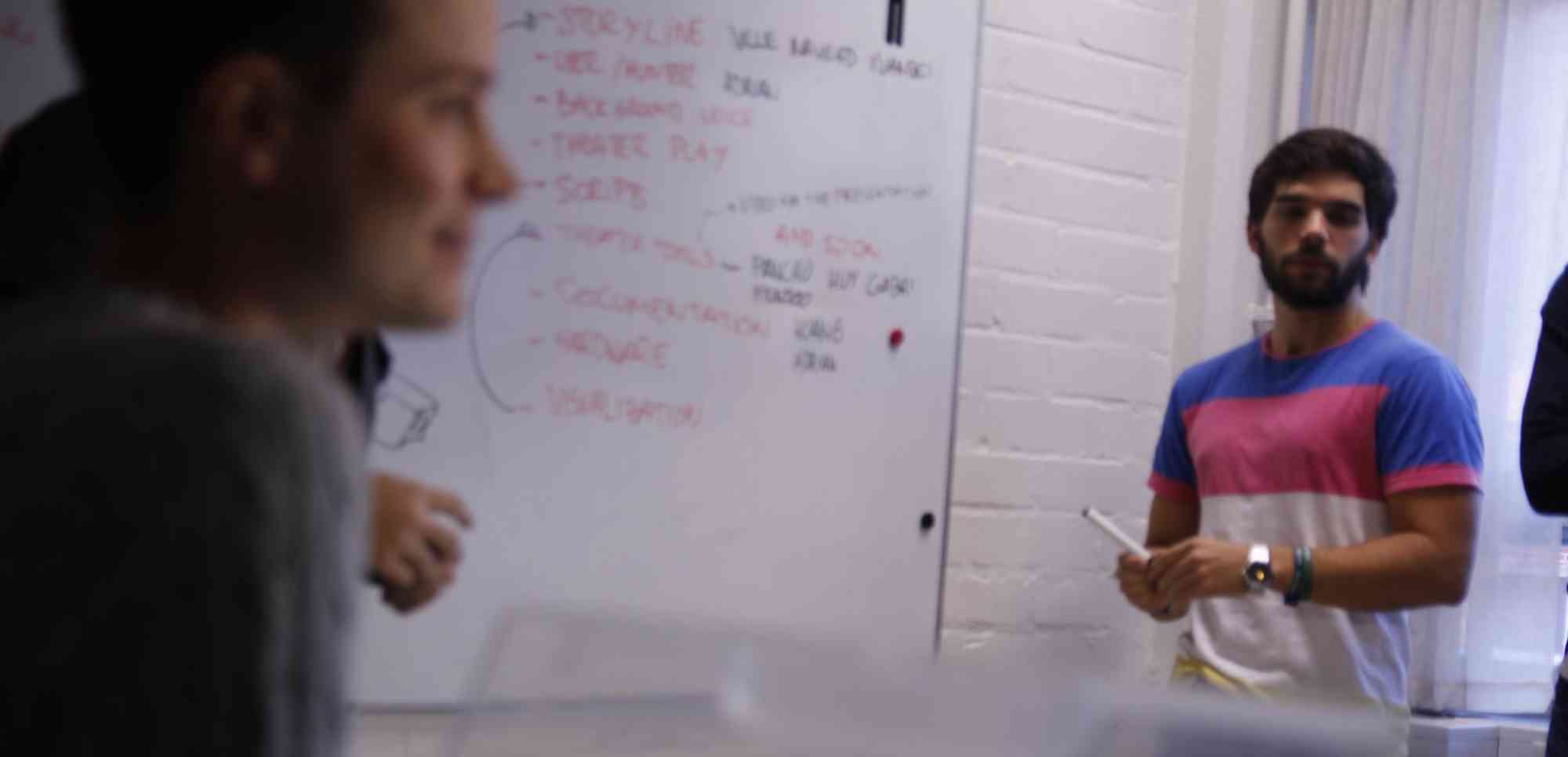Various types of creative sessions are typically held early on in projects to help design teams in exploring the solution space and ensuring a wide consideration of potential design directions. However, research has shown that such a group situation might result in fixation effects from exposure to ideas and perceptions of other group members. Miko, Tua and Senni studied how an early ideation workshop affects the range of perspectives to the problem and ideas for solutions present within interdisciplinary teams.
The earliest phases of the design process hold the greatest potential to influence how the resulting product turns out to be as major decisions regarding the technology-, human-, and business-aspects need to be made early on. Various types of creative sessions are typically held early on in projects to help design teams in exploring the solution space and ensuring a wide consideration of potential design directions. One example is the PD6 (Product Development in 6 hours)-workshop organized at the Product Development Project-course at Aalto Design Factory.
These types of group sessions are expected to enable the utilization of a wide array of expertise and views in order to broaden the perspective on both the problem to be solved and potential solutions. However, research has shown that such a group situation might not just be helpful, but also interfere with the generation of ideas and consideration of different perspectives. One central form of interference in these situations is the possible fixation effect from exposure to ideas and perceptions of other group members.
In our recently published study, Tua, Senni and I investigated the effects of an early ideation workshop in interdisciplinary student design projects to find out what happens with 1) how the problem is perceived, and 2) the ideas for possible solutions different team members have. It seems, that when a certain perspective (e.g. technology) dominated the initial thoughts of the team, it became even more dominant after the workshop. Teams that had more equal initial distributions in perspectives remained more balanced. Nearly all teams became more focused on the particulars (as opposed to more vague general issues) of their project.
The results suggest that while an early intensive session is likely to help in diving deeper in to the problem, there is a potential risk of the teams fixating on originally dominant perspectives and leaving others to too little attention. Especially, when engineering students are a majority in the teams, there might be a risk of the team becoming too technology-focused at the cost of for example the user perspective.
Tua shares some of her experiences and thoughts from the 4th International Conference on Design Creativity (ICDC) where she presented our work here.
Laakso, M., Björklund, T.A., Kirjavainen, S. (2016) Collaborative fixation in early problem exploration and ideation workshops. Proceedings of the 4th International Conference on Design Creativity (ICDC).
If you are interested to read more about this, we are happy to provide you with the publication.
 Aalto DF
Aalto DF